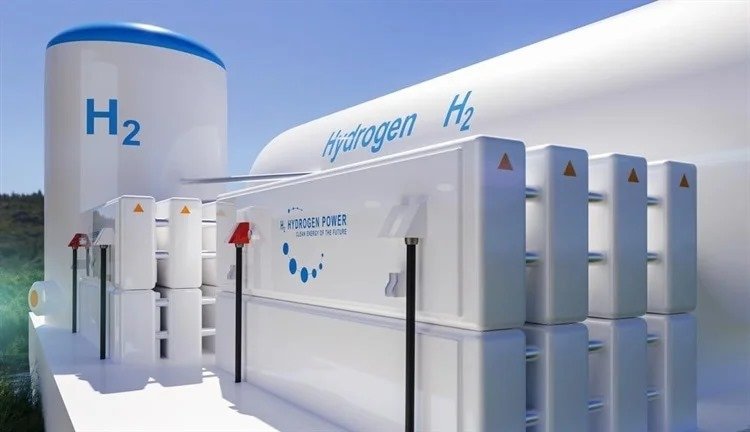
Introduction
Hydrogen fuel has emerged as a promising alternative to conventional fossil fuels, offering the potential for zero-emission energy production and transportation. However, several hurdles must be overcome to realize its widespread adoption and integration into existing energy systems. This report examines the key challenges facing hydrogen fuel and explores potential solutions to address them.
Challenges
- Production Methods and Environmental Impact
The predominant method of hydrogen production, steam methane reforming (SMR), relies on fossil fuels such as natural gas and emits carbon dioxide (CO2) as a byproduct. This process raises concerns about the environmental impact and sustainability of hydrogen fuel. Alternative methods, such as electrolysis powered by renewable energy sources, offer a cleaner production pathway but face challenges related to cost, efficiency, and scalability.

- Storage and Transportation
Hydrogen’s low energy density by volume poses challenges for storage and transportation. Compressed hydrogen gas requires high-pressure storage tanks, while liquid hydrogen necessitates cryogenic temperatures, both of which incur significant infrastructure costs and safety concerns. Additionally, transporting hydrogen over long distances faces efficiency and logistical challenges, requiring investments in dedicated pipelines or alternative distribution methods such as ammonia or liquid organic hydrogen carriers.
- Infrastructure Development
Establishing a robust infrastructure for hydrogen production, storage, and distribution is essential for supporting widespread adoption. However, building out hydrogen refuelling stations and distribution networks requires substantial investment and coordination among various stakeholders, including governments, energy companies, vehicle manufacturers, and consumers. Uncertainties surrounding market demand and regulatory frameworks further complicate infrastructure development efforts.
- Cost Competitiveness
Hydrogen fuel cells and associated infrastructure currently face cost competitiveness challenges compared to conventional technologies. The high capital costs of fuel cell vehicles, electrolyzers, and hydrogen refuelling stations, coupled with limited economies of scale, hinder market penetration and consumer adoption. Lowering costs through technological innovation, scale-up, and policy support is essential to enhancing the competitiveness of hydrogen fuel.
- Carbon Emissions and Environmental Concerns
While hydrogen is often touted as a clean and sustainable fuel, the carbon footprint and other pollution associated with its production and supply chain must be addressed. Leakage during production, transportation, and storage can result in unintended emissions of greenhouse gases and other pollutants, undermining its environmental benefits. Technologies must be developed for low-NOx hydrogen engines since hydrogen combustion can generate NOx. Achieving carbon neutrality and minimizing environmental impacts require transitioning to renewable energy sources for hydrogen production and implementing stringent emissions control measures throughout the hydrogen value chain.
Conclusion
Hydrogen fuel holds immense potential as a versatile, clean energy carrier capable of decarbonizing various sectors, including transportation, industry, and power generation. However, realizing this potential requires overcoming significant challenges related to production, storage, infrastructure, cost, and environmental impact. Collaborative efforts from governments, industry stakeholders, research institutions, and civil society are essential to address these challenges and accelerate the transition towards a hydrogen-based economy.




